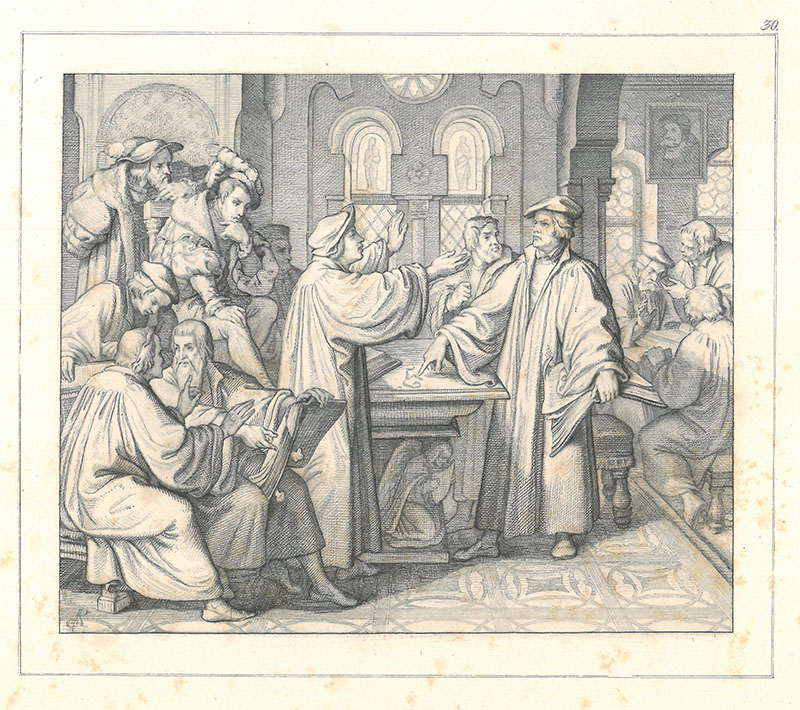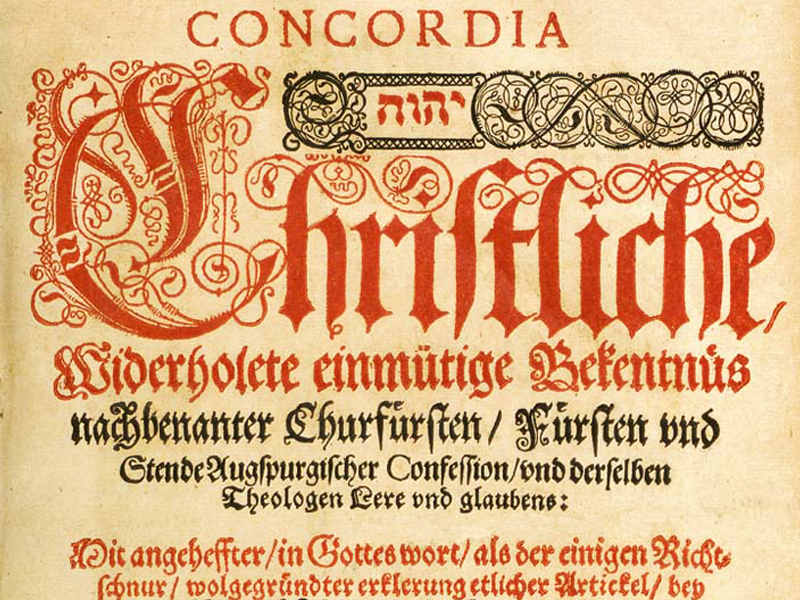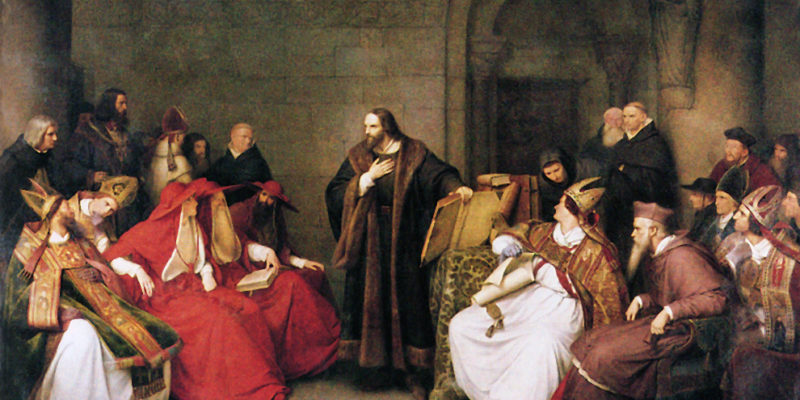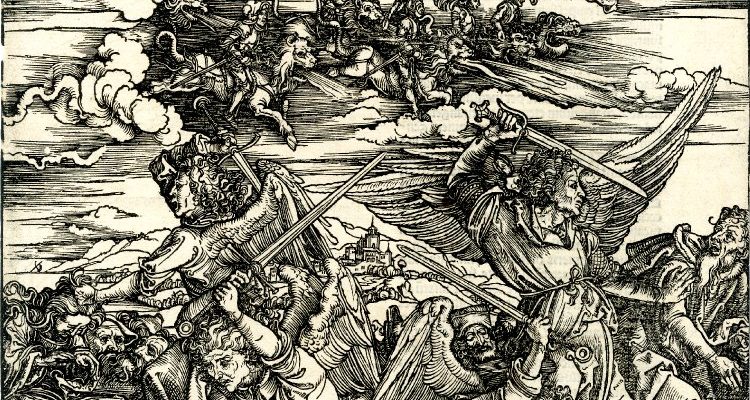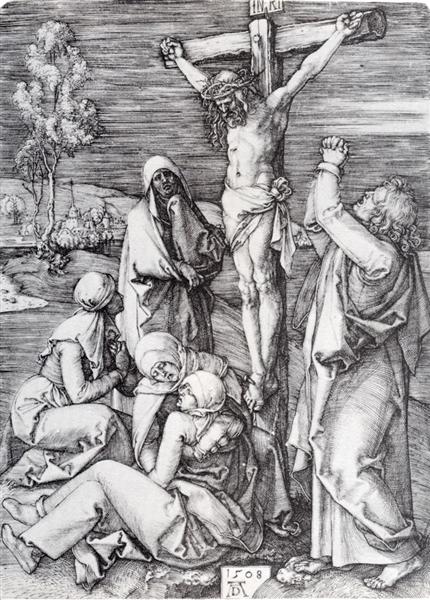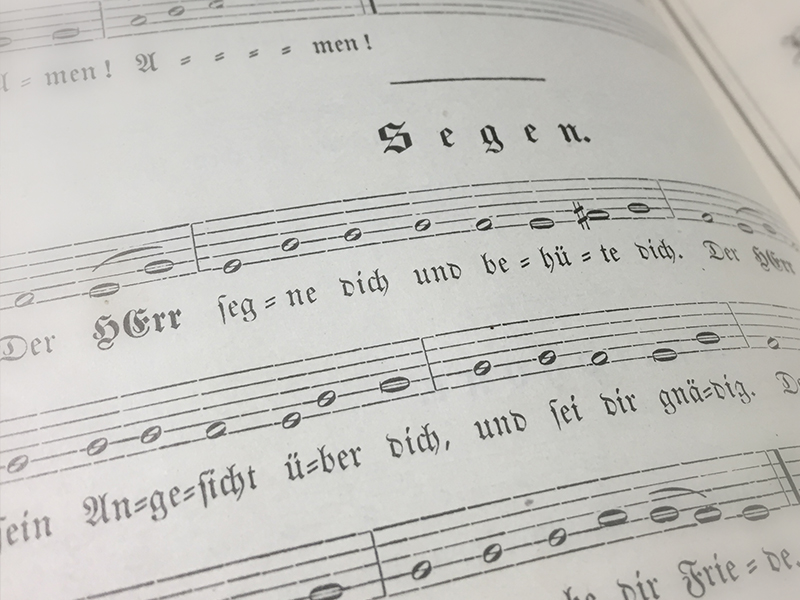Luther simply would not delve into philosophical argument with Zwingli on the possibility of the real presence of Jesus’ body in the Sacrament. When Zwingli said to Luther, “Prove, I pray, that the body of Christ can be in many places,” Luther tersely replied, “This is my body.”
